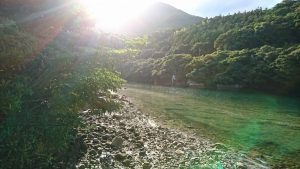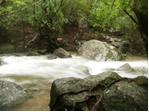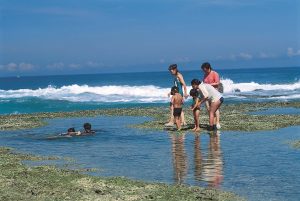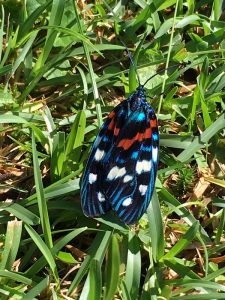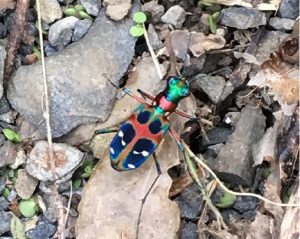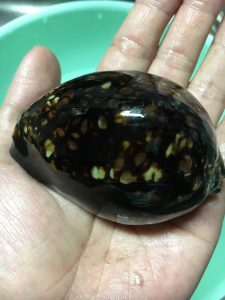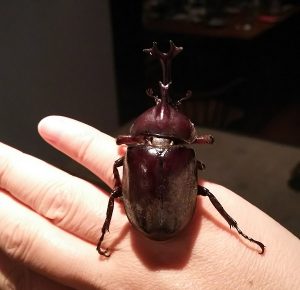Tips for your enjoyable stay
| ◆ Website Information for Your Safe Travels |
Japan Tourism Agency (http://www.mlit.go.jp/kankocho/en/index.html)
・Safety tips for travelers
https://www.jnto.go.jp/safety-tips/eng/
・Guide for when you are feeling ill
https://www.jnto.go.jp/emergency/eng/mi_guide.html
・Safety information Card(観光庁ウェブサイト内)
http://www.mlit.go.jp/kankocho/page08_000094.html
・Useful tools to offer information to international visitors
http://www.mlit.go.jp/common/001266746.pdf
Japan National Tourism Organization (https://www.japan.travel/en/)
・Japan Safe Travel Information: website list related to safe travels and transportation
(日本政府観光局ウェブサイト内のリスト) https://www.japan.travel/en/news/JapanSafeTravel/
Weather Information, Warnings and Advisories
NHK World-JAPAN
https://www3.nhk.or.jp/nhkworld/en/news/
Japan Meteorological Agency
https://www.jma.go.jp/jma/indexe.html
Transportation Information
JAPAN AIRLINES (JAC) Flight Information
https://www.jal.co.jp/cms/other/en/weather_info_dom.html
Direct Ferries
To find timetables, prices, and to book “Toppy & Rocket” Tane Yaku Jetfoil
https://www.directferries.com/
| ☝ Things you need to know |
|
Be aware of the weather conditions because the weather in Yakushima is unpredictable. e.g.) Rainy season in June, typhoon season through summer to autumn, heavy snow and ice in winter, and when heavy rain warning is issued
・Shiratani Unsuikyo Miyanoura Line
【Tranaportations】Under dangerous conditions, such as typhoon, heavy rain, flooding, high-wave, earthquake and so on, transportation services may also be cancelled or running conditionally. * The port for the arriving “Toppy & Rocket” jet-foil may be changed from Anbo to Miyanoura when the typhoon is approaching or bad weather. |
KEEP SAFETY IN MIND
– Beach Safety Tips –
●Check weather forecast before heading to the beach
– Designated beaches will be closed in times of bad weather. (Please ask locals if it’s open.)
●Please be aware of the depth of the water before diving in
– Please make sure it is deep enough.
●Stay in designated areas
– Please do not swim beyond the nets in designated swimming areas.
●Never swim by yourself or pick a spot close to a lifeguard in case you need help
●Never leave children alone in or near the water
●Do not forget to bring sunscreen
– You can get them at supermarket in Miyanoura and drug stores in Koseda.
●Be sure to bring plenty of water
– There may not be many beverage vending machines near the site.
●Wear footwear!
– Please wear footwear for prevention of injuries.
●Please follow all instructions from the lifeguards
– Please do not swim when beaches are closed.
☝Alcohol beverages, camping, and beach BBQ are banned on designated beaches.
☝ Is it worth it to pick one up?
– If you are not sure about it, you should stay away.
– The List of Sea Creatures to Watch Out for in Yakushima –
| English name | Japanese name | Extra information |
|
Geography cone snail (Amboina) |
Imo-gai | You may easily find them, but they have very poisonous tentacles and it is considered to have deadly venom. |
| Blue-ringed octopus | Hyoumondako | Blue-ringed octopus has deadly venom 1,000 times more powerful than cyanide. |
| Portuguese man-of-war |
Katsuono-eboshi Denki-kurage |
It delivers a venomous sting, and in extreme case, may cause death. |
| Stonefish | Onidaruma-okoze | Stonefish has venomous dorsal spines capable of killing people. |
| Sea snake | Umi-hebi | Some sea snakes are more venomous than cobras. |
| Striped catfish eel | Gonzui | Striped catfish ells have poisonous spines and are deadly to humans. |
| Moray eel | Utsubo | Moray eels are commonly seen. Please do not disturb them. They have very sharp teeth and strong jaws, which may severely injure you. |
| Long-spine sea urchin | Gangaze | Their stings can be severely painful because their spines are mildly venomous. |
| Stingray | Akaei | Stingrays have venomous spines which can be fatal. |
| Lionfish | Minokasago | Lionfish is a breathtakingly beautiful creature with long venomous spines. |
– The List of Terrestrial Creatures to Watch Out for in Yakushima –
| English name | Japanese name | Extra information |
| Hornet | Suzume-bachi | Hornet stings can cause allergic reactions in some people. Call 119 if you are having a serious reaction to a hornet sting. |
| Japanese pit viper | Mamushi | ‘Mamushi’ is a venomous pit viper. If a pit viper bites you, call 119. |
| Japanese giant Centipede | Mukade | Centipedes in Japan are poisonous and their bites can be very painful. |
| Japanese mountain leech | Yama-biru | Japanese mountain leeches are seen at wet locations in the mountains on Yakushima. |
| Horsefly | Abu | Horseflies are often seen in summer season. Their bites can be painful and make you itchy. |
– The List of Weird-Looking but Common Creatures in Yakushima –
☝Do not worry, they are harmless creatures. Do not panic, they won’t bother and bite you.
| English name | Japanese name | Extra information |
|
Huntsman spider *There are many types of spiders, but no poisonous spiders on Yakushima. |
Ashidaka-gumo | Huntsman spiders on Yakushima are large, but harmless. They are actually beneficial to people as they feed on house pests like cockroaches. |
|
Vinegaroon Whip scorpion |
Sasori-modoki | Vinegaroons looks like a scorpion, but they are a type of spider. You should stay away from them because they release an acidic spray that smells terrible. |
| Japanese Gecko | Yamori | Japanese Gecko is called ‘Yamori’ in Japanese which means ‘house guardian’ because it helps rid the house of pests. |
| Opisthoplatia orientalis (Burmeister) | Amame | Amame is a type of cockroach and is easily found very common in Yakushima. |
| House centipede | Gejigeji | House centipedes are a harmless, unlike Japanese giant centipede. It is good to keep them because they are known for killing pests |
Extremely Beautiful Creatures…

